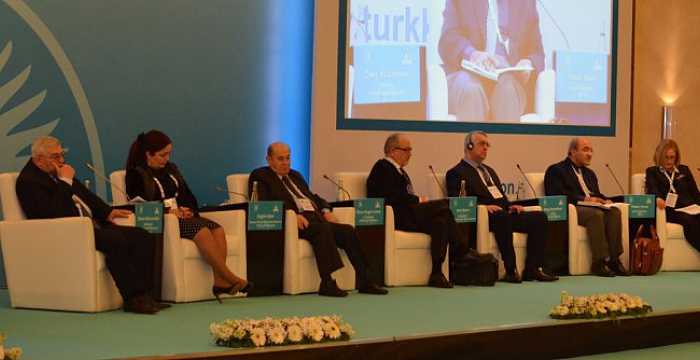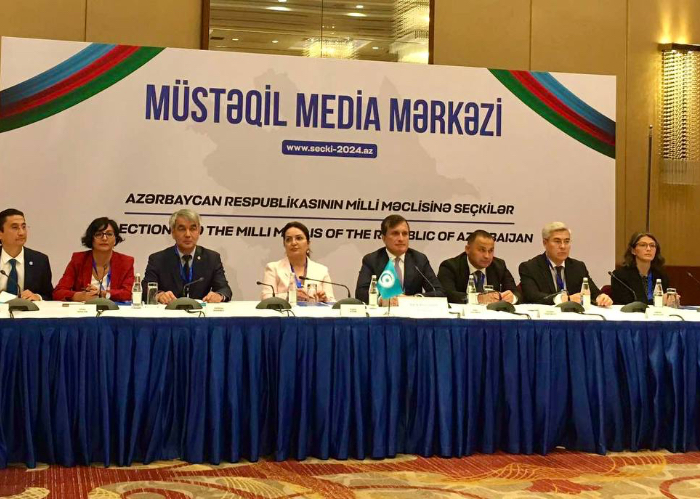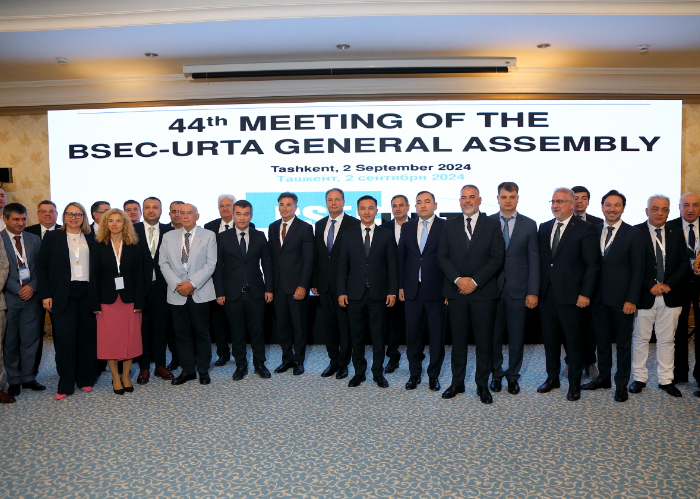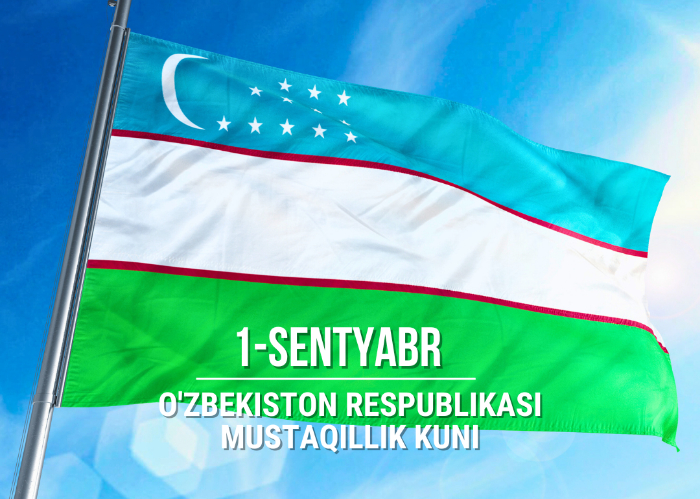Former Secretary General of the Turkic Council Rtd. Ambassador Halil Akıncı moderated the panel discussions which included experts such as Member of Parliament of the Republic of Azerbaijan Elman Mammadov; Adviser at the Prime Ministry of the Republic of Turkey and Former Rector of the Giresun University Aygün Attar; Honorary President of the Centre for Eurasian Studies Rtd. Ambassador Ömer Engin Lütem; historian from the Russian Federation Oleg Kuznetsov; lecturer from the Utah University Prof. Hakan Yavuz; and Deputy Director General for Security Affairs and Intelligence of the Minister of Foreign Affairs of the Republic of Turkey Minister Plenipotentiary Fatma Ceren Yazgan.
Elman Mammadov, as a witness of Khojaly genocide, narrated about the flow of events at the night of the said historic tragedy stressing the heroic resistance of the local population against Armenian forces. He also condemned the silence of the international community to the dreadful calamity of the Khojaly genocide.
Aygün Attar, in her presentation, touched upon the historical perspective of the tragedy and characterized the Khojaly genocide as the bloodiest and the most horrible genocide perpetrated at the end of 20th century.
Ambassador Lütem reported that mass killings taken place at Khojaly would continue unless the perpetrators of Khojaly were not punished appropriately. He also added that not only Turks and Azerbaijanis were suffered from Armenian cruelty, other nationalities also were subject to the atrocities of the Armenians.
Oleg Kuznetsov stated that conflict in Karabakh, which started in 1988, was defined in the legislation as a terrorist war. This definition emanates from the set of terror-oriented crimes such as crimes committed by armed groups, hostage capture and armed rebellion. No less important was that many of the Armenian generals were not originally from the Soviet Union, transforming the issue into the matter of international terrorism. This also proves the active involvement of the third parties in the conflict.
Prof. Hakan Yavuz expressed his opinion about the issue saying that he considered it a crime against humanity and called on to join hands to increase academic researches and publications to raise more awareness on the subject matter.
On the other hand, Minister Plenipotentiary Yazgan touched upon terrorism dimension of the issue and underlined the importance of raising awareness about the crimes committed against humanity. She also stressed the necessity to add terrorism in the list of crimes determined by the International Criminal Court.
The panel finished with the Questions and Answers part. The conference will continue with the Panel-II.











